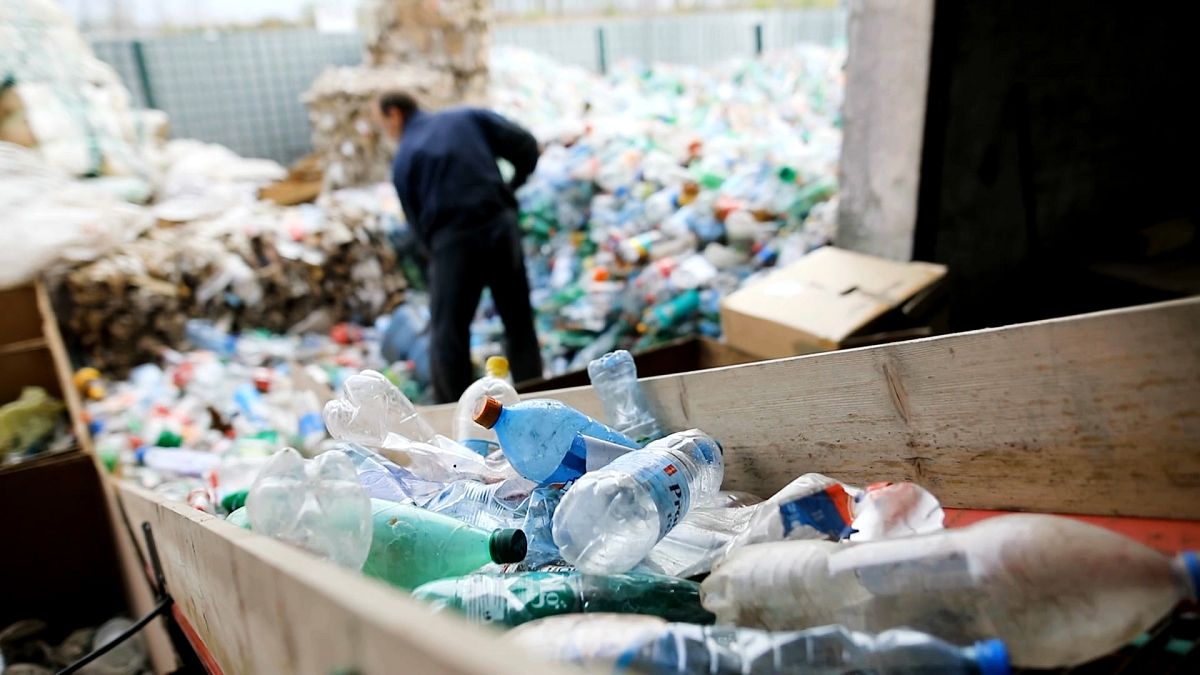Every year, the world produces record quantities of plastic. In 2021, according to the OECD, more than 400 million tonnes of plastic were produced worldwide, twice as much as in the early 2000s. If nothing changes, plastic consumption could triple by 2060.
The problem is that recycling is not keeping pace with this acceleration. According to OECD data, around 9% of waste is recycled, 19% is incinerated, and nearly three-quarters is sent to landfill or disposed of in nature.
Ubiquitous… and invisible waste
Depending on its composition, plastics take between 20 and 500 years to decompose, but they do not necessarily disappear. Even when they fragment, they leave behind microplastics, particles smaller than 5mm.
These remnants of everyday plastic objects are invading the oceans, soils, rivers… and living organisms, such as fish and human bodies. Studies have proven their existence in drinking water, breast milk, and even human blood. A growing number of scientific studies warn of the risks to human health.
Europe wants to stem the waste tide
Faced with this situation, the European Union has taken a series of measures in recent years:
• Since 2021, the ban on single-use plastics targets some of the most common and easily replaceable items, such as bags, straws, and cutlery.
• New packaging regulations aim to reduce over-packaging and improve the recyclability of packaging.
• The intentional addition of microplastics is restricted in certain cosmetics, detergents, and industrial products through the European REACH regulation.
• A draft regulation on maritime transport aims to minimize the loss of industrial pellets in order to avoid microplastic pollution.
• The Marine Strategy Framework Directive, which aims to protect marine ecosystems from marine litter, is currently being revised.
The EU also funds numerous research projects aimed at developing bio-sourced and biodegradable alternatives to traditional plastics. This is the case with the SEALIVE project, led by the ITENE research center in Valencia, and the R3pack project.
Brussels also aims to optimise the economic performance of reuse systems to achieve 100% reusable or recyclable packaging on the market by 2030.
Towards an international treaty on plastics
Beyond its borders, the EU is actively campaigning for a legally binding global agreement on plastic pollution. The draft treaty has been under negotiation since 2025 and reports indicate that two visions emerged:
• A “high ambition” coalition gathers over 100 members including the EU, Rwanda, Norway, and Peru, advocates for a legally binding covering the whole life-cycle of plastics (upstream and downstream measures).
• Other countries, including major oil producers, want the agreement to focus on downstream measures such as waste management and recycling.
Upstream measures, which are the subject of heated debate, include:
• Sustainable production and consumption of plastics;
• Addressing issues related to problematic plastic items (such as single-use plastics);
• Reducing chemicals of greatest concern.
The next round of negotiations will take place in Geneva, from August 5 to 14, 2025.

